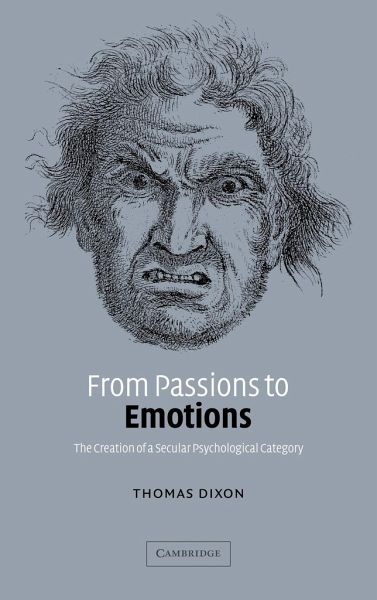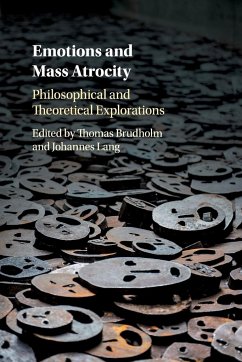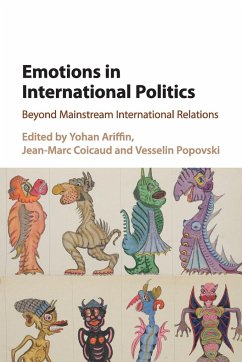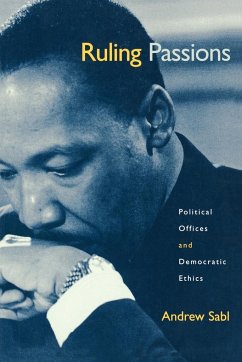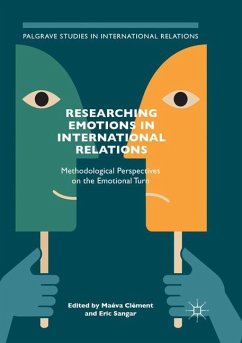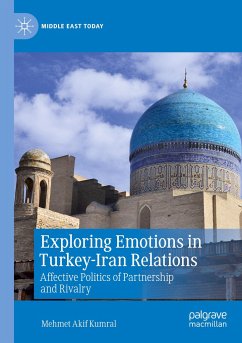Thomas Frederick Dixon Jr. was an American Baptist clergyman, politician, lawyer, lecturer, author, and filmmaker. Dixon, known as a "professional racist," wrote two best-selling novels, The Leopard's Spots: A Romance of the White Man's Burden-1865-1900 (1902) and The Clansman: A Historical Romance of the Ku Klux Klan (1905), which romanticized Southern white supremacy, supported the Lost Cause of the Confederacy, opposed equal rights for black people, and glorified the Ku Klux Klan as heroic vigilantes. D. W. Griffith adapted The Clansman for the big screen in his film The Birth of a Nation (1915). The film served as inspiration for the Klan's revival in the twentieth century. His elder brother, preacher Amzi Clarence Dixon, contributed to the editing of The Fundamentals, a series of articles (and later volumes) that were significant in fundamentalist Christianity. "He won international acclaim as one of the greatest ministers of his day." His younger brother, Frank Dixon, was also a preacher and lecturer. His sister, Elizabeth Delia Dixon-Carroll, was a pioneer woman physician in North Carolina, serving as the doctor at Meredith College in Raleigh for many years. Dixon's father, Thomas J. F. Dixon Sr., was a well-known Baptist minister, landowner, and slave-owner.
